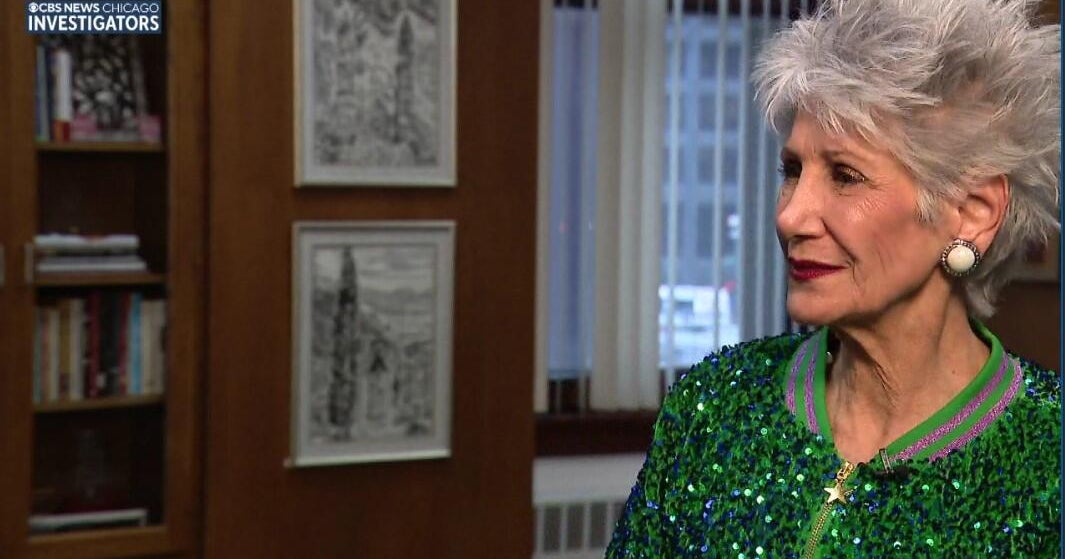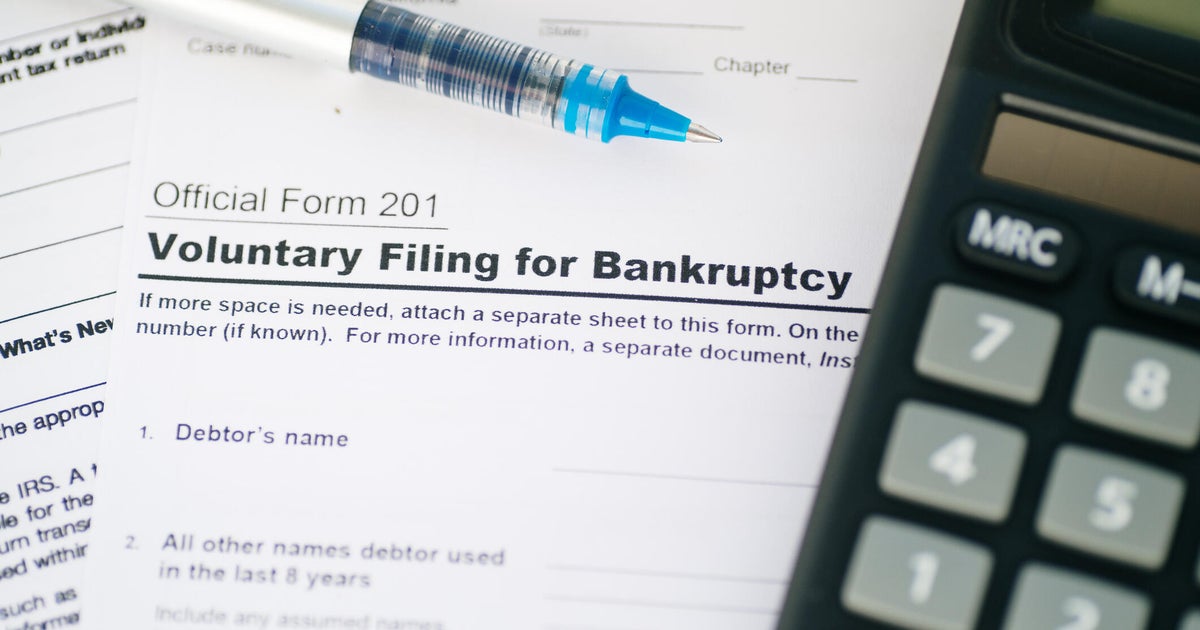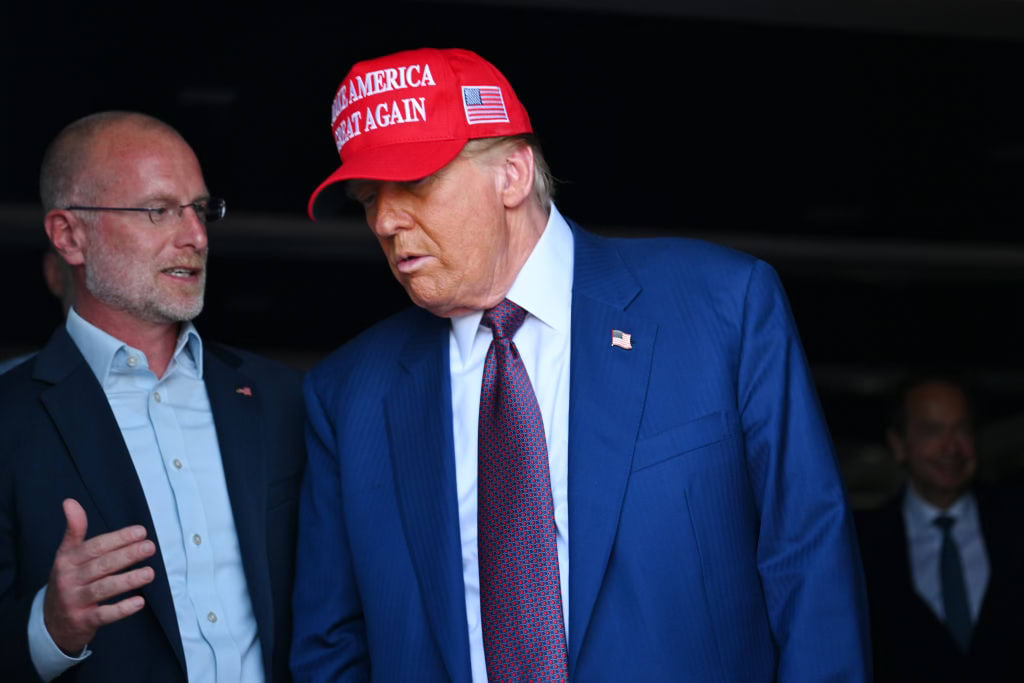Why net neutrality could go the way of the floppy disk
The Federal Communications Commission on Thursday took a first step in dismantling rules aimed at deterring broadband providers from tightening their control over the internet.
The agency's three commissioners voted 2-1 to start the process of repealing so-called net neutrality regulations, which were adopted in 2015. The move is expected to touch off a prolonged legal fight over how the web is regulated. The technology industry, including giants such as Alphabet (GOOGL), the parent of Google; Apple (AAPL); and Facebook (FB), supports net neutrality as a way to ensure innovation, and is aggressively lobbying lawmakers to preserve the rules.
FCC chief Ajit Pai has said eliminating the rules would boost competition among internet service providers (ISP), benefiting consumers.
"Whether I am in Red America, Purple America or Blue America, whether I am above the Arctic Circle or in the bayous of Louisiana, people tell me that they want fast, affordable, and reliable Internet access," Pai said in a speech last month in Washington that laid out the FCC's rationale for striking down net neutrality. "They say that they want the benefits that come from competition. And they tell me that they want to access the content and use the applications, services, and devices of their choice."
Under current law, ISPs are classified as telecommunication services, a designation that gives the FCC authority to regulate the industry more strictly. Net neutrality aims to block ISPs from giving priority to the content that moves through their pipes. A final vote on the rules could take months and is likely to face legal challenges, experts said.
"This FCC and the chairman are interested in scaling back regulations, but we don't know how much they want to scale back," said Jon Peha, professor of engineering and public policy at Carnegie Mellon's College of Engineering. "Whatever they decide, it'll be challenged in court. And we don't know the outcome of that."
Repealing the existing net neutrality guidelines could allow ISPs to make some content more available than others. That could have a much broader impact on Americans, proponents for the rules contend.
"News sites that have low-quality content or fake news could pay ISPs to get ahead of competitors that have more accurate, high-quality content," said David Gorodyansky, CEO and founder of AnchorFree, a provider of virtual private network software. "The repeal of net neutrality will lead to censorship of information in America."
He went on to compare that scenario to "ISPs in restrictive countries like Saudi Arabia that block Skype and WhatsApp because they compete with the local phone companies." As in those countries, Gorodyansky added, "American ISPs will be able to restrict or limit the services that they don't like, that may be competitive or that don't pay them a separate fee. This will create a censored environment and will restrict equal access to information for users in the U.S."
That means on the most mundane level, consumers could get a hobbled online experience, net neutrality supporters say. Rule changes might allow ISPs to prioritize content that has been paid for rather than content that users actually prefer, while popular sites could disappear from web search results.
Net neutrality advocates also fear internet users could end up paying more for content that's more expensive for ISPs to carry. Currently, most users pay a single price per month for everything they do online -- email, social media, web browsing, streaming video and so on. But consumers may eventually be forced to pay separately for high-bandwidth services like Netflix (NFLX) and Hulu, or some ISPs could throttle or entirely block services that hog bandwidth, critics say.
"This proposal represents an existential threat to the continued development of the internet," said Ferras Vinh, policy counsel for the Center for Democracy & Technology, a nonprofit advocacy group focused on the internet, in a statement. "It is based on the idea that societal change and economic growth are driven by internet service providers, rather than users, coders and engineers."
Ending net neutrality could mean "consumers would be left in the untenable position of accessing the internet in much the same way they make use of cable television -- through a tiered system of subscription services," said Kevin Howley, a professor of media studies at DePauw University. "And we all know how much the American people appreciate the cable industry's menu of programming packages."
Still, it's unclear what the new rules will ultimately look like. Pantelis Michalopoulos, an attorney who has argued in previous net neutrality cases, has confidence that current rules won't simply disappear even if ISPs get recategorized.
FCC chief Pai "wants net neutrality protections," Michalopoulos he. "He doesn't want ISPs to block or throttle traffic. He's on record saying he wants these protections."



